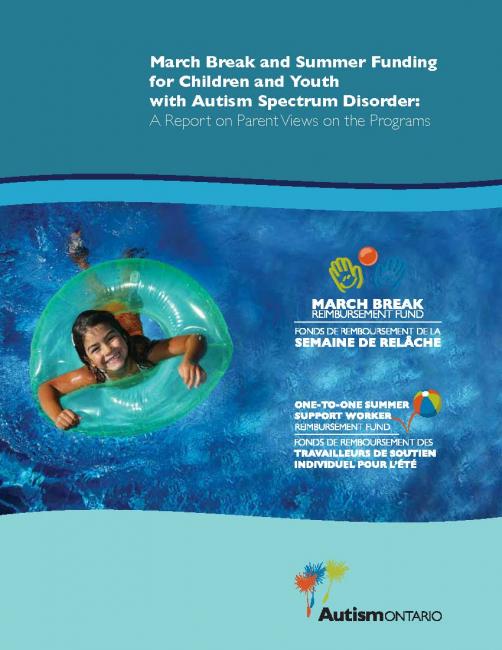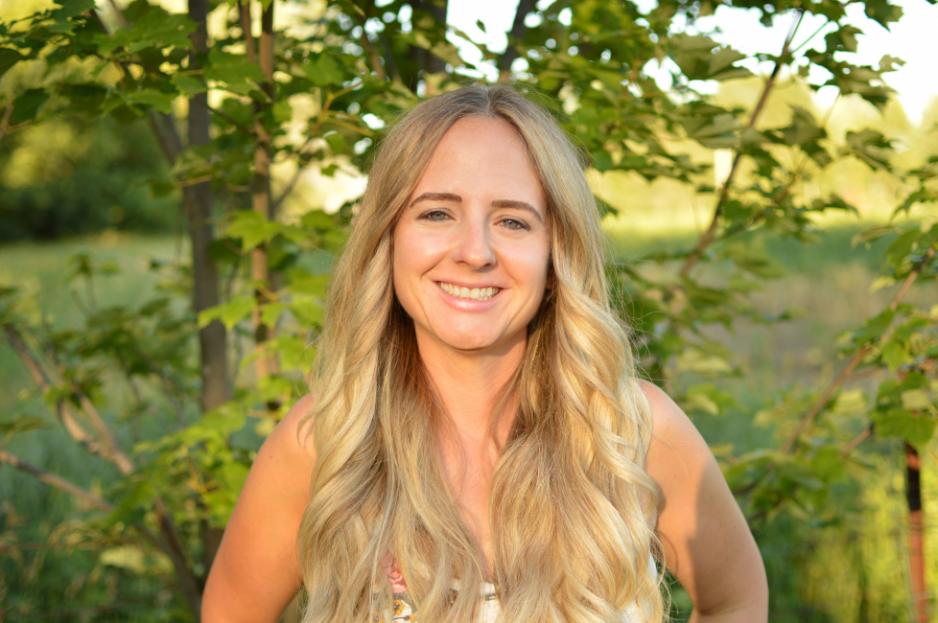Les obstacles à l’emploi des jeunes adultes ayant un handicap de développement
Ce sommaire de recherche porte sur la façon dont les autres jeunes, le passage de l’adolescence aux rigueurs de l’âge adulte ouvre de passionnants horizons aux jeunes individus ayant un handicap de développement (HD), qui peuvent alors explorer de nouveaux intérêts, faire connaissance avec de nouveaux aidants et intervenants communautaires, acquérir des compétences professionnelles et nouer de nouvelles amitiés. Cependant, les jeunes adultes ayant un HD, de même que leurs familles, rencontrent beaucoup plus de problèmes et d’obstacles dans l’atteinte de leurs objectifs que les familles d’enfants non handicapés.




